Manuel de Falla – Pragadigitals (II)


Continuer la lecture de Manuel de Falla – Pragadigitals (II)
Musique classique
Manuel de Falla – Pragadigitals (II)


Continuer la lecture de Manuel de Falla – Pragadigitals (II)
Gian-Francesco Malipiero – Piano music (1914-1920) – Sandro Ivo Bartoli

Continuer la lecture de Gian-Francesco Malipiero – Piano music (1914-1920)
Emmanuelle Bertrand – Pascal Amoyel – Concert à Gaveau
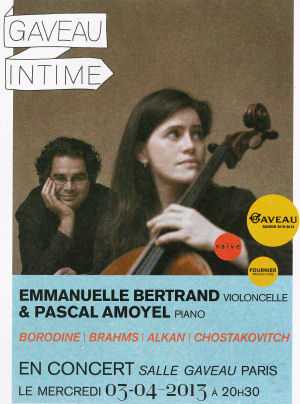
Continuer la lecture de Emmanuelle Bertrand – Pascal Amoyel – Concert à Gaveau
Claude Debussy – Prélude à l’après-midi d’un faune – Philippe Jordan – Naïve

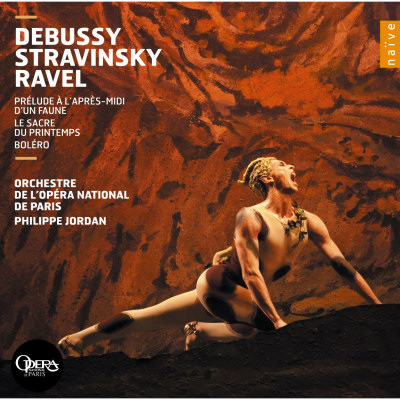
Continuer la lecture de Claude Debussy – Prélude à l’après-midi d’un faune – Philippe Jordan
L’impressionnisme et la musique – English
Charles-Valentin Alkan – Pascal Amoyel – La dolce volta
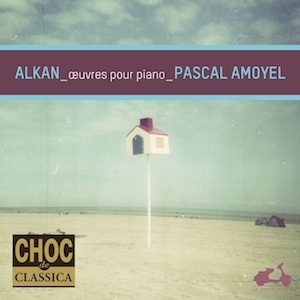
Continuer la lecture de Charles-Valentin Alkan – Pascal Amoyel
Rafael Kubelik – Complete Masterpieces
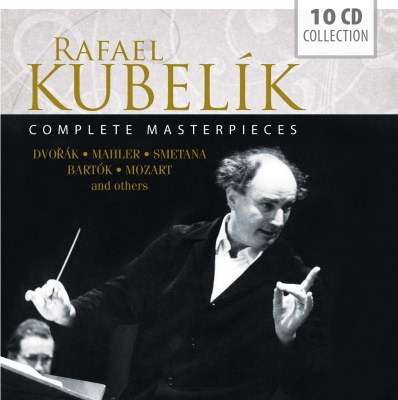
Continuer la lecture de Rafael Kubelik – Complete Masterpieces
Alexander von Zemlinsky – Symphonie lyrique – Lyric symphony
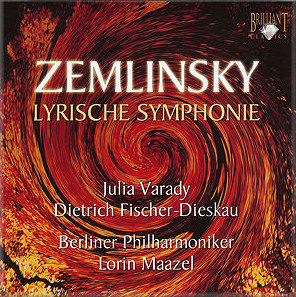
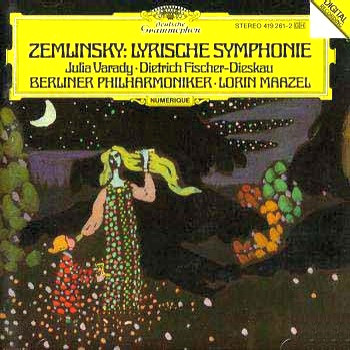 Continuer la lecture de Alexander von Zemlinsky – Symphonie lyrique – Lyric symphony
Continuer la lecture de Alexander von Zemlinsky – Symphonie lyrique – Lyric symphony